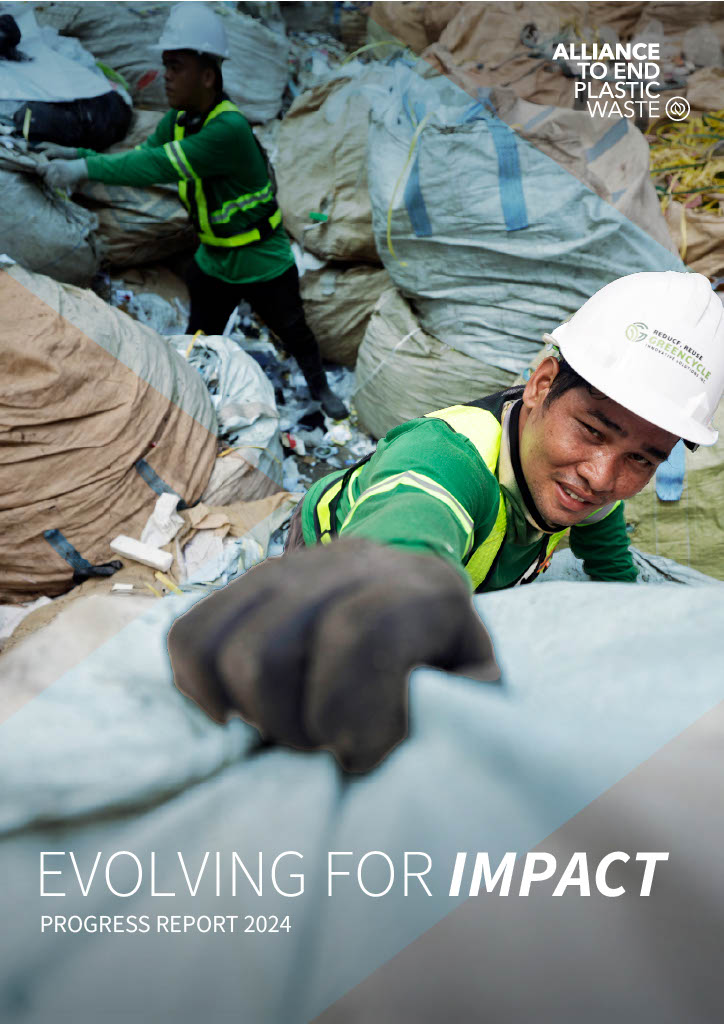
Ending Plastic Pollution in Small Islands and Remote Coastal Areas: In Pursuit of Circularity
Faced with rising local and ocean plastic waste, Small Islands and Remote Coastal Areas (SICs) are disproportionately impacted by the global plastic pollution crisis. This whitepaper by PREVENT Waste Alliance explores their unique challenges and evaluates current solutions to drive circularity and sustainability.
How can we tackle plastic pollution in small islands and remote coastal areas?
Heavily reliant on ocean-based industries like fishery and tourism, Small Islands and Remote Coastal Areas (SICs) face an urgency to tackle the escalating plastic pollution rates in the marine environment.
Besides outlining the unique challenges face SICs face in managing plastic waste, the report also unpacks successful case studies, providing an analytical framework to help SICs improve and replicate innovative, sustainable, and circular economy solutions to reduce plastic pollution.
This report was prepared by Waste Recycling Environment Network (WREN) and includes inputs from the PREVENT Waste Alliance sub-working group on Small Islands and Remote Coastal Areas. It was co-funded by AEPW and (the German Federal Ministry for Economic Cooperation and Development (BMZ) through) the PREVENT Waste Alliance.


How can we tackle plastic pollution in small islands and remote coastal areas?
Heavily reliant on ocean-based industries like fishery and tourism, Small Islands and Remote Coastal Areas (SICs) face an urgency to tackle the escalating plastic pollution rates in the marine environment.
Besides outlining the unique challenges face SICs face in managing plastic waste, the report also unpacks successful case studies, providing an analytical framework to help SICs improve and replicate innovative, sustainable, and circular economy solutions to reduce plastic pollution.
This report was prepared by Waste Recycling Environment Network (WREN) and includes inputs from the PREVENT Waste Alliance sub-working group on Small Islands and Remote Coastal Areas. It was co-funded by AEPW and (the German Federal Ministry for Economic Cooperation and Development (BMZ) through) the PREVENT Waste Alliance.



Key highlights
View related reports
Stay in the loop
Subscribe to our newsletter for the latest news and updates from the Alliance
